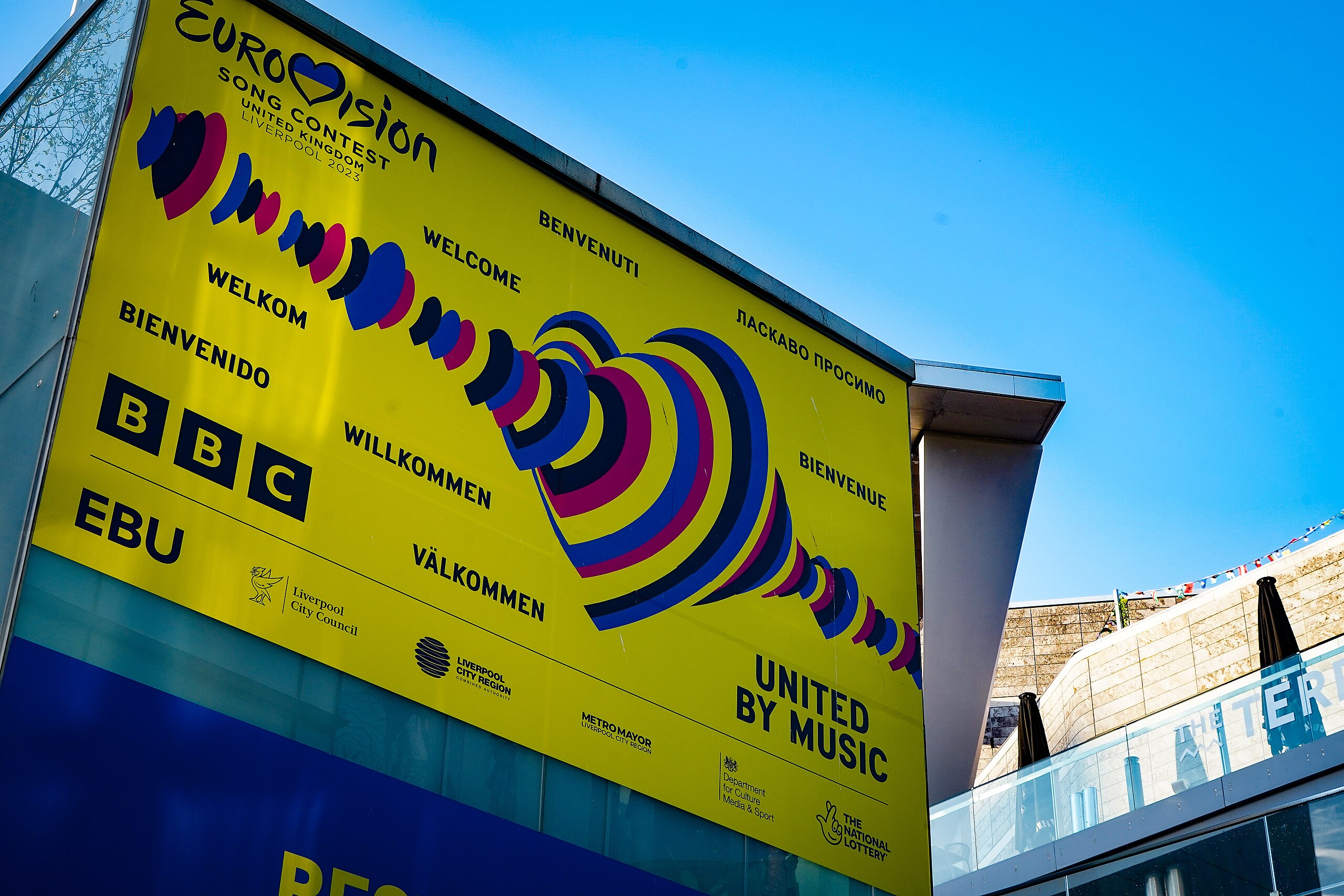Eurovision is a big strain on energy, but technology can help
With Europe’s most iconic singing competition heading to Malmo, Sweden next week, we take a closer look at how low-voltage electricity monitoring reduced strain on the National Grid to make Liverpool’s spectacular 2023 edition possible.

As the Eurovision Song Contest headed to Liverpool in 2023, the city enjoyed an incredible boost for the local economy, but there was also a substantial strain on the electricity network. SP Energy Networks enlisted the support of VisNet to bolster low-voltage (LV) electricity monitoring for the event. This meant installing an additional 50 VisNet Hubs across the network, doubling monitoring capacity.
Eurovision is one of the biggest musical and cultural events on the calendar, and Liverpool played host to the event for the first time this century. In total 473,000 people attended associated activities in the city, with 306,000 additional visitors heading to Merseyside to be part of the celebrations.
Already the second most densely populated urban area in the North west, the regional population was estimated to have swelled by 20% during this period. Of course, this generated a substantial increase and surge in energy consumption, without factoring in the sheer amount of energy required to power the Eurovision events themselves.
It was imperative that the additional demand for electricity didn’t negatively impact on thousands of people across the network. As such, additional LV monitoring capability was integral to keeping the lights on for the people of Liverpool, which is where the VisNet Hub came in.
‘Our preparation for the Eurovision event included an enhanced inspection and maintenance programme, along with having additional teams and equipment in place in case they were needed and, of course, making the most of the latest technology to revolutionise the way we identify and repair any potential problems on the network, which included the VisNet Hub,’ says Liam O’Sullivan, SP Manweb Licence Director for SP Energy Networks.
‘That ability to pre-empt and intercept any issues before they have an impact on customers is a real game-changer for the industry and one that will benefit the city long after Eurovision has left town,’ he continued.
The VisNet Hub is an innovative LV monitoring system, which is powered by VisNet’s Low Voltage Common Application Platform operating system. This transforms data from the electricity network and turns it into actionable insights, assist operators with network pre-faults, providing information for proactive maintenance.
By increasing the capability of the network in Liverpool city centre for the Eurovision event, there was greater confidence in the monitoring system and it also allowed a much more versatile and agile approach to detecting, locating and repairing pre-faults before they led to costly outages.
‘The importance for increased LV monitoring across the country cannot be overstated, something which is echoed by Ofgem’s recent guidance,’ adds Dave Roberts Managing Director of VisNet at EA Technology. ‘As the world slowly switches to more sustainable solutions and systems, and decarbonisation continues to be a priority, the strain on electrical resources is a concern.
‘The best way to evaluate the state of the DNOs and to reduce the number of outages and downtime is to incorporate an effective monitoring solution such as VisNet,’ he continues. ‘This was the case during the Eurovision event, in which the city of Liverpool had to cope with an incredibly large increase in demand.’
More on energy:
£200m for carbon capture at North Wales energy-from-waste site
Northern England housing stock worst in England for energy efficiency
Market-leading tariff rates for solar energy production announced
Image: Eurovision
















